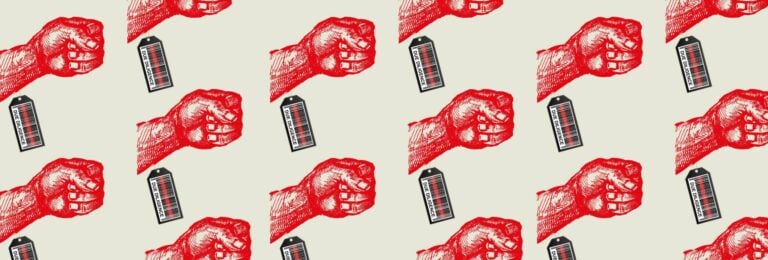
Grievance mechanisms fail to give workers access to remedy
In a research into grievance mechanisms (GM) in the electronics industry in five different countries SOMO found that very few workers have trust in the grievance mechanisms in their company.
The research reveals that most workers do not know how complaints are handled, and have limited knowledge about the different complaint channels. Overall contract workers are treated unequally: in several cases they have no access to the existing grievance mechanisms. The high level of mistrust and the low percentage of satisfactorily resolved complaints demonstrate an overall poor performance regarding GM implementation.
Hazardous conditions
In countries like China, India, Mexico, the Philippines and Thailand, workers in the electronics sector typically work under hazardous conditions and for long hours with little pay. When their rights are violated, workers are also often afraid to speak out due to fear of punishment or termination and it can be very difficult for them to access remedies. Grievance mechanisms are one way workers can improve their working situations and respect for their human rights, so it is very important that these mechanisms are functioning as they should.
Access to remedies
The UN Protect, Respect and Remedy Framework and its companion instrument, the UN Guiding Principles, state companies have a responsibility to respect human rights. As part of this obligation, companies should provide access to remedies for individuals, workers and/or communities who may be impacted by their activities by establishing a grievance mechanism to handle complaints. In accordance with Principle 31 of the UN Guiding Principles, GMs should be legitimate, accessible, predictable, equitable, transparent, rights-compatible, a source of continuous learning and based on engagement and dialogue.
SOMO and its research partners in China, India, Mexico, the Philippines and Thailand set out to evaluate the functioning of factory-level GMs in the electronics sector. The researchers interviewed or surveyed 337 workers from 40 factories. They also contacted 56 factories—including those where workers were interviewed—to determine whether they have hotlines.
Download the full report here.
Do you need more information?
-

Esther de Haan
Senior Researcher
Partners
-
Cividep India – Civil Initiatives for Development and Peace India
-
GET – GoodElectronics Thailand
Good Electronics Thailand or GET consists of members from trade unions, NGOs and labour activists in different areas of Thailand. Its aim is to share information and learn from each other about the struggle for labour rights. In addition, we follow up up-to-date labour situations and cases of members, while we conduct projects around capacity […]
Related content
-
Using Grievance Mechanisms Published on:
 Esther de HaanPosted in category:Publication
Esther de HaanPosted in category:Publication Esther de Haan
Esther de Haan
-
 The hidden human costs linked to global supply chains in ChinaPosted in category:News
The hidden human costs linked to global supply chains in ChinaPosted in category:News Joshua RosenzweigPublished on:
Joshua RosenzweigPublished on: -
 Major brands sourcing from China lack public policies on responsible exitPosted in category:News
Major brands sourcing from China lack public policies on responsible exitPosted in category:News Joshua RosenzweigPublished on:
Joshua RosenzweigPublished on:

